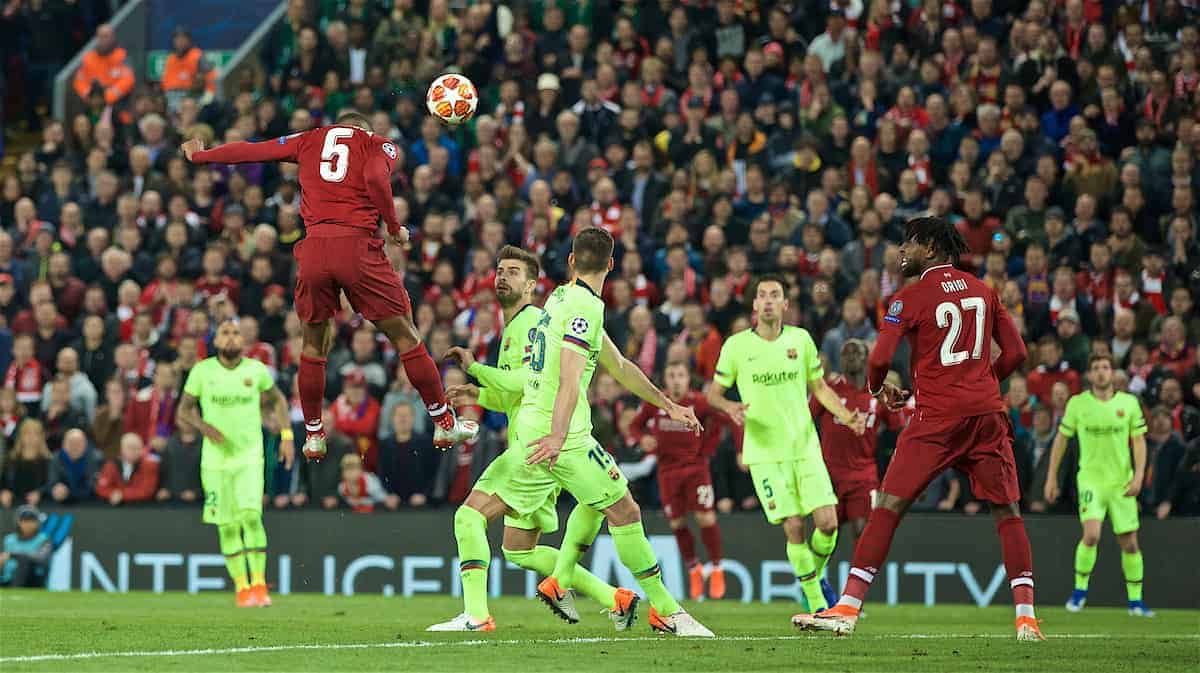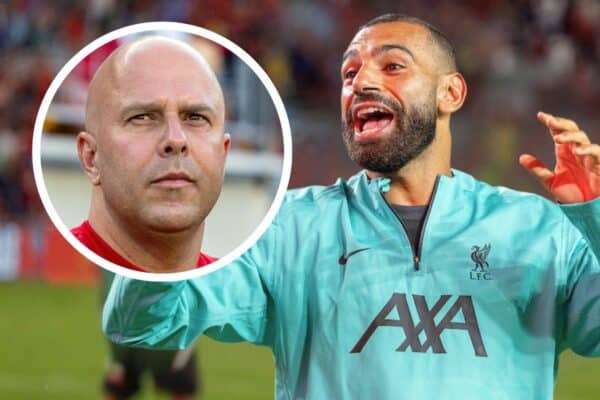This won’t make Jurgen Klopp happy: UEFA and the European Clubs’ Association are close to agreeing a deal which would mean four extra Champions League fixtures.
Liverpool’s manager has spoken often about the need to protect players and the fact that there are too many games in the football calendar—which looks about to get even bigger.
The Times‘ Martyn Ziegler has reported that the ECA and UEFA have come to a compromise on how best to expand the Champions League, with four extra dates likely to be included from 2024 onward.
While the specifics are yet to be decided upon, the deal is a reduction from the ECA’s initial hopes of adding a massive ten games to the European calendar.
It seems likely that the two options at present are either for expanded groups of six, meaning 10 group stage fixtures for each team—four more than present—or else, at the quarter-final stage, have another group phase. There, two four-team groups would compete and the top two in each would progress to the semis.
Again, that would yield four extra games, with the bonus from the Champions League‘s point of view being that those fixtures would be between bigger, better sides.

Four games may not seem a huge amount, but for a team reaching the quarter-finals that’s a 40 per cent increase in fixtures.
While naturally it would be something of a money-spinner to clubs with greater European involvement, there are two main concerns from a domestic perspective.
One is that the financial disparity between the top sides and the non-European competing teams would only grow wider, given the riches on offer in the Champions League.
And the other is the need to find four extra fixtures; consider the relentless schedule that Liverpool had before Christmas, including two games in 24 hours, but with an additional four matches to be played by that point in the campaign.
The obvious move would be to either abandon European clubs’ involvement in the League Cup entirely, or make it an U23 competition for those teams, giving young players a more guaranteed opportunity similar to that seen by the likes of Neco Williams, Caoimhin Kelleher and Curtis Jones this season.

The Times report also suggests, meanwhile, that all teams reaching the semi-finals of the Champions League would be guaranteed entry for the following campaign. Presently this is restricted to just the winners.
Again, clubs could see the positives, but we may also see the “surprise teams” such as Monaco, Porto or Ajax who reach that stage cherry-picked of their best talents over the summer and being drastically short of that quality for the following campaign—though in most cases they’ll probably have qualified through their domestic leagues anyway.
Once more, it seems that financial prowess and the progress of big-name football is set to take precedence over the greater good of the game on a country-wide scale.
While the Premier League at least splits domestic television revenue reasonably fairly, the impact of more UEFA money for the likes of Real Madrid and Barcelona—who earn the vast majority of TV money in their own league—will only make the absurd difference between themselves and other LaLiga teams even more farcical and unbridgeable.

















Fan Comments